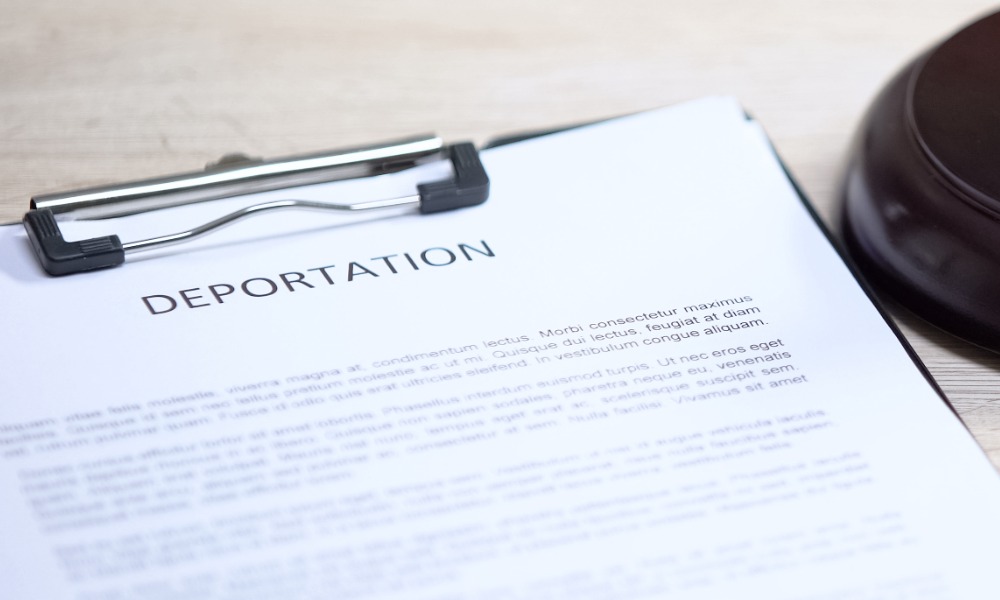It may start with the odd terse email, but the insidious creep of incivility can spell big problems for organisations.
Reminding employees to say things like ‘please’ and ‘thank you’ in the workplace might seem over the top, but letting uncivil behaviour flourish can cause major issues.
David Burroughs, managing director of workplace psychology firm Communicorp, said that incivility was a psychosocial hazard which could lead to things like absenteeism, workplace conflicts, grievance claims and compensation claims for psychological injury.
He said incivility was “low-level deviant behaviour” which was not typically overt aggression.
“It’s often things people aren’t even aware that they’re doing. Often there’s not an intended target so it’s not necessarily, from the perpetrator’s perspective, a malicious act, which is quite distinct from definitions of bullying in the workplace, where it is more overt and directed at targets.”
Burroughs said that examples of uncivil behaviour could include people no longer displaying common courtesy in interactions with others, sending terse emails and not bothering to say “please” and “thank you”.
“It’s all characterised by a lack of regard for the other person. It’s becoming more apparent in the workplace and I think one of the reasons for that is that people are being asked to do more with less. People are busy, people are stretched, people are stressed. They often feel that they don’t have the time for these kinds of niceties.
“What we know about workplace incivility is that it’s a great indicator of a poor team climate. It’s actually a psychosocial hazard that can lead to more insidious issues. When uncivil behaviour becomes the norm, it’s a slippery slope to things like bullying and overt aggression. It can have a profound impact on people.”
So how can HR deal with such behaviour?
“Have a zero tolerance approach to incivility. It’s a little bit tricky because it’s not like bullying and harassment where you actually have a legislative requirement to stomp it out. What’s ideal if you want to address incivility is to have very well-defined and articulated expectations around the way people demonstrate values and behave in the workplace,” said Burroughs.
Organisations also needed commitment at an executive level to providing a safe and healthy workplace and for leaders to model appropriate behaviour.
“What we see good organisations doing is having policies and procedures and internal systems that support a psychologically safe and healthy work environment. This includes things like grievance handling and dispute resolution processes that address some of these issues around incivility when they start to become more protracted.
“We’ve seen a trend towards organisations doing appropriate workplace behaviour training so it’s reinforcing those behavioural expectations in the workplace.”
How would you deal with workplace incivility?
David Burroughs, managing director of workplace psychology firm Communicorp, said that incivility was a psychosocial hazard which could lead to things like absenteeism, workplace conflicts, grievance claims and compensation claims for psychological injury.
He said incivility was “low-level deviant behaviour” which was not typically overt aggression.
“It’s often things people aren’t even aware that they’re doing. Often there’s not an intended target so it’s not necessarily, from the perpetrator’s perspective, a malicious act, which is quite distinct from definitions of bullying in the workplace, where it is more overt and directed at targets.”
Burroughs said that examples of uncivil behaviour could include people no longer displaying common courtesy in interactions with others, sending terse emails and not bothering to say “please” and “thank you”.
“It’s all characterised by a lack of regard for the other person. It’s becoming more apparent in the workplace and I think one of the reasons for that is that people are being asked to do more with less. People are busy, people are stretched, people are stressed. They often feel that they don’t have the time for these kinds of niceties.
“What we know about workplace incivility is that it’s a great indicator of a poor team climate. It’s actually a psychosocial hazard that can lead to more insidious issues. When uncivil behaviour becomes the norm, it’s a slippery slope to things like bullying and overt aggression. It can have a profound impact on people.”
So how can HR deal with such behaviour?
“Have a zero tolerance approach to incivility. It’s a little bit tricky because it’s not like bullying and harassment where you actually have a legislative requirement to stomp it out. What’s ideal if you want to address incivility is to have very well-defined and articulated expectations around the way people demonstrate values and behave in the workplace,” said Burroughs.
Organisations also needed commitment at an executive level to providing a safe and healthy workplace and for leaders to model appropriate behaviour.
“What we see good organisations doing is having policies and procedures and internal systems that support a psychologically safe and healthy work environment. This includes things like grievance handling and dispute resolution processes that address some of these issues around incivility when they start to become more protracted.
“We’ve seen a trend towards organisations doing appropriate workplace behaviour training so it’s reinforcing those behavioural expectations in the workplace.”
How would you deal with workplace incivility?





